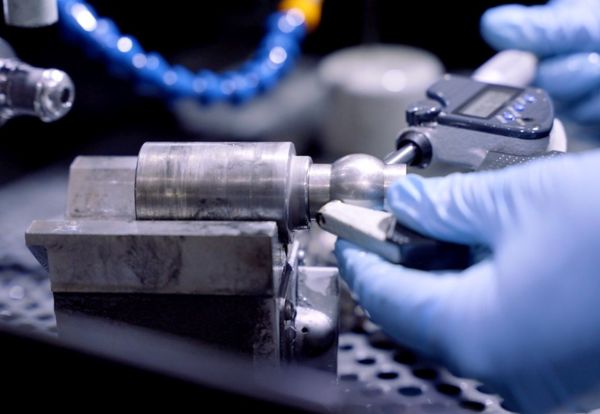UK manufacturing is wasting up to 30% of its energy
UK manufacturing is losing vast amounts of energy every day, with estimates suggesting up to 30 percent of consumption is wasted through inefficiency. The losses are not only driving up costs for businesses but also undermining carbon reduction targets and weakening global competitiveness.
Manufacturing accounts for roughly 10 percent of the UK economy and is one of the nation’s largest energy consumers. Outdated systems, poor load management, voltage instability, and limited real-time monitoring all contribute to significant energy waste.
The financial cost of energy waste
Energy typically represents up to 15 percent of a facility’s operating costs. If even 25 percent is wasted, businesses are effectively losing 3 to 4 percent of revenue through inefficiency. Inefficient systems run hotter and wear out more quickly, resulting in increased downtime, higher maintenance costs, and shorter equipment lifespans. Companies also miss out on government incentives and tax breaks for investing in energy efficiency or renewable technologies.
Falling behind on renewables
Despite clear benefits, renewable energy adoption remains limited. Many factories still rely on fossil fuels, missing opportunities for cost savings, lower emissions, and improved resilience. Barriers include upfront investment, installation disruption, and limited awareness of modern technology. For SMEs, these challenges are significant; however, delaying the adoption of renewables increases long-term costs.
Technology and efficiency
Affordable, scalable technology solutions can address inefficiency. Smart meters and dashboards track energy usage, while AI predicts peak demand, detects anomalies, and automatically adjusts systems. Digital twins enable virtual testing of production processes, and IoT devices offer precise control over equipment. Automation and machine learning further optimise performance and reduce costs.
Environmental and regulatory impact
Energy waste also contributes to increased carbon emissions at a time when the UK aims to achieve net zero by 2050. Manufacturing is responsible for a substantial share of emissions, and regulators are paying closer attention to this issue. Businesses that fail to improve efficiency risk stricter standards and penalties, while those adopting renewables and smart solutions can strengthen their reputation as sustainable industry leaders.
Workforce and cultural change
Efficiency also requires cultural change. Limited visibility of energy use leads to unnecessary waste from idle equipment or conflicting systems. Comprehensive training for all staff is essential. Integrating energy efficiency into workplace culture can drive substantial improvements.
A turning point for UK manufacturing
The sector must choose between continuing to absorb losses due to inefficiency or adopting smarter systems to reduce waste, lower costs, and enhance productivity. Treating energy as a strategic resource is essential. Manufacturers investing in renewables, smart technology, and workforce engagement will be better positioned for a sustainable and competitive future.
Manufacturers or business owners seeking advice on energy efficiency, or renewable technology, contact Green Shield Group on 01254 786 071or email info@greenshield.group or visit www.greenshieldgroup.co.uk to find out more.






